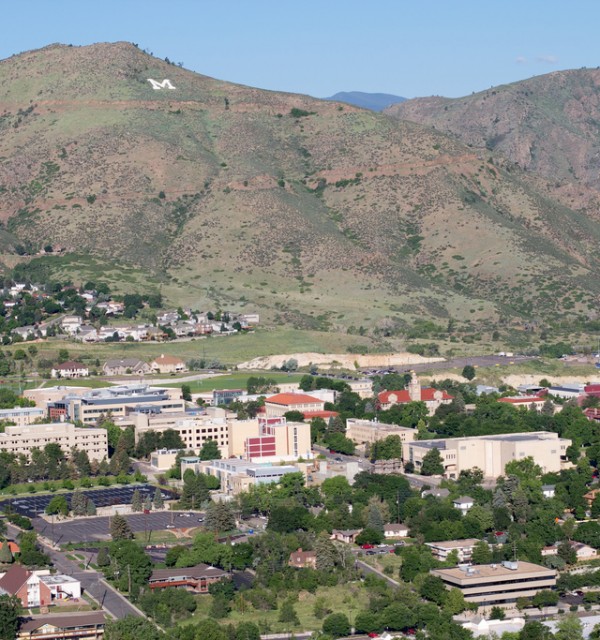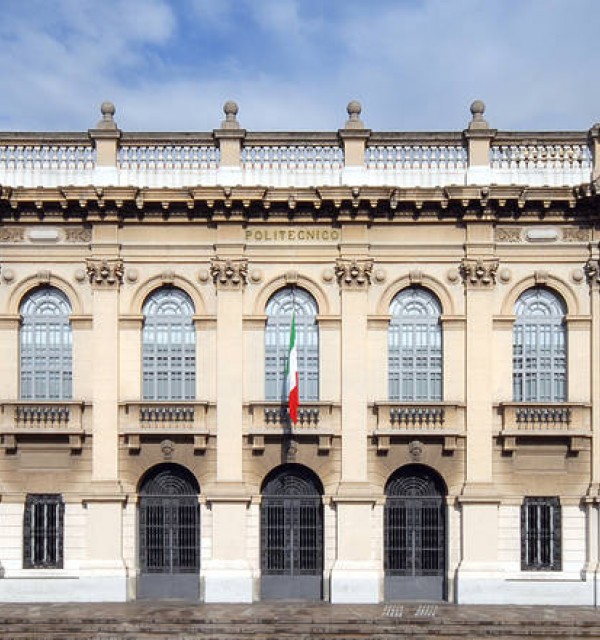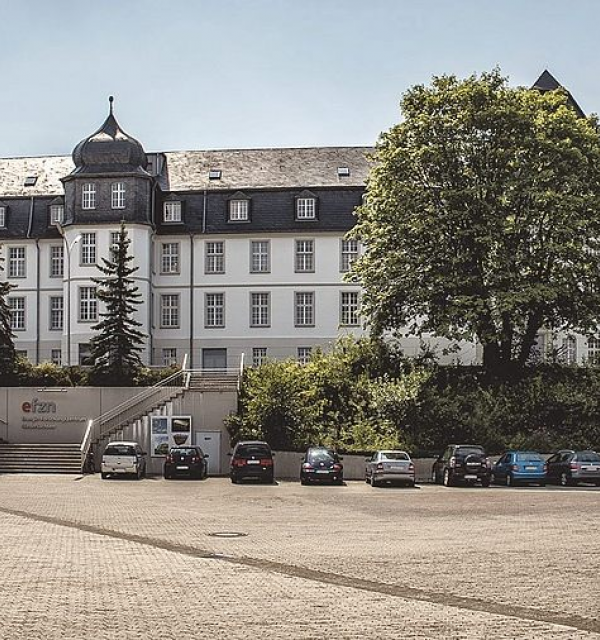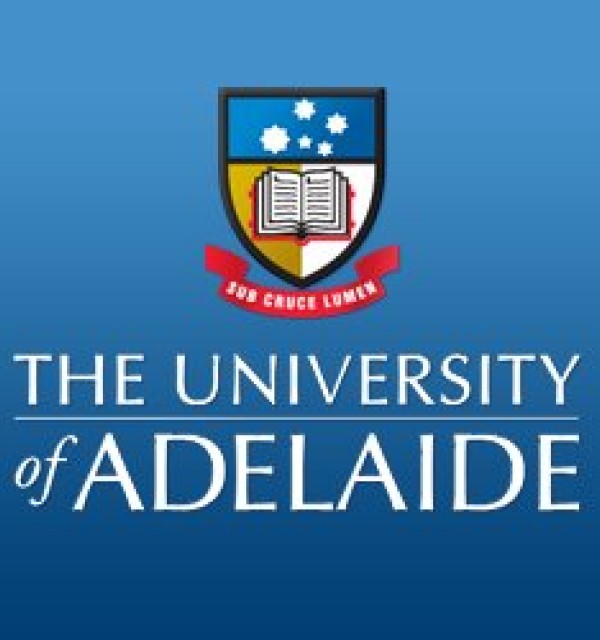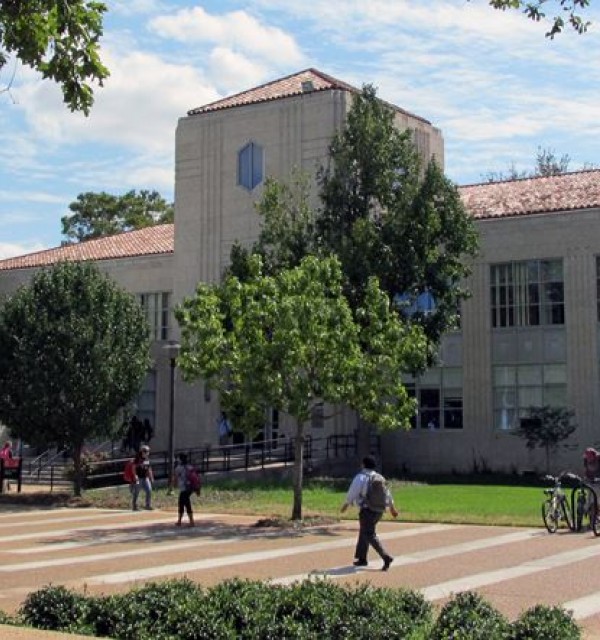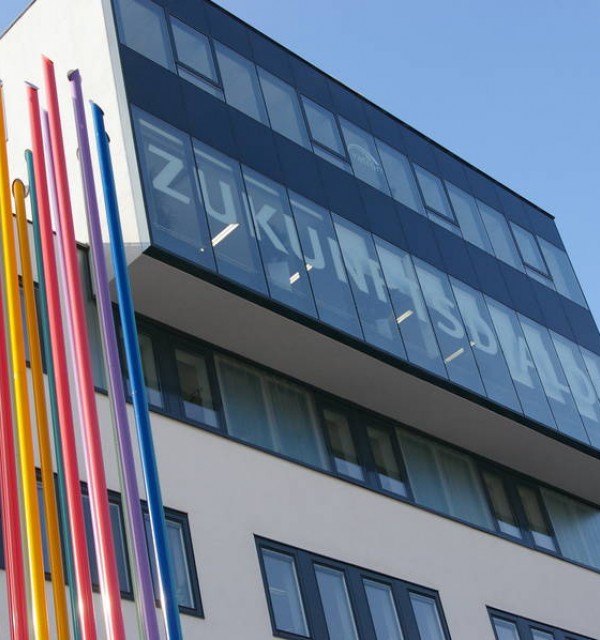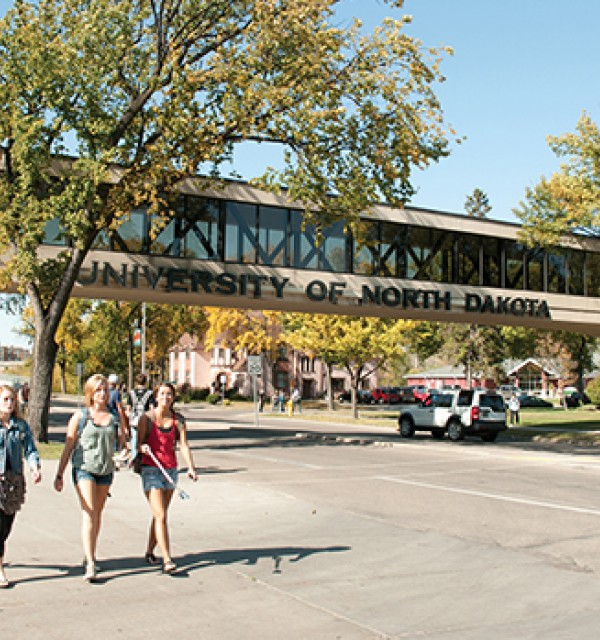Petroleum Engineering - Master of Science Degree Programme
Study programme description for study year 2024-2025
Vekting (stp)
120
Studieprogramkode
M-PETENG
Studienivå
Master's degree (2 years)
Fører til grad
Master of Science
Heltid/deltid
Heltid
Varighet
4 Semesters
Grunnstudium
Nei
Undervisningsspråk
Engelsk
The master’s programme in Petroleum Engineering at The University of Stavanger is open to Norwegian and international students. A master’s degree in Petroleum Engineering qualifies students for a variety of positions primarily within the petroleum sector, but also provides excellent opportunities in other sectors. The study programme offers a variety of petroleum engineering topics, including drilling and well engineering, petroleum production engineering and process engineering.
The general goal is to educate competent engineers with theoretical and technical knowledge, giving them the ability to work independently, and to take responsibility for the interaction between technology, the environment, and society. The programme is research-based and provides a foundation for lifelong learning. The study programme also gives students the option to continue to PhD studies.
The master's programme in petroleum engineering provides competency and knowledge about methods that reduces emissions related to extraction and use of fossil fuels in a world that has an energy mix of fossil and renewable energy sources. The study primarily addresses sustainable development goals 7 and 12.
Programme content, structure, and composition
Of the programme's 120 credits, 40 ECTS is common courses that ensure a broad and common basis in key topics within petroleum engineering, and also ensure multidiciplinarity. The remaining 80 ECTS consist of 50 ECTS from specialisation courses and a master's thesis of 30 ECTS. The master's thesis is a large, independent project completed in the final semester, often in close co-operation with an external company.
All teaching is in English. This is a plus for any students who are planning to work in an international company where English is the language of business.
UiS is committed to offer all programmes according to plans but emphasises that this is subject to the availability of resources and/or students. Over time, the academic content and choice of topics may change due to general developments in the subject field, the use of new technology, and wider societal changes. All courses and programmes are revised annually.
A description of each individual course is provided, detailing:
- Working and teaching methods
- Course literature
- Evaluation methods
- Assessment methods
- Learning outcomes
Læringsutbytte
After having completed the master’s degree programme in Petroleum Engineering, the student shall have acquired the following learning outcomes, in terms of knowledge, skills and general competences:
Knowledge
K1: The candidate has advanced knowledge within the field of petroleum engineering and specialised insight into a particular area in this field.
K2: The candidate has in-depth knowledge of scientific theories and methods connected to the subject area. The candidate can apply this knowledge to new areas within the subject area and analyse technical issues based on the history, tradition, distinct nature, and societal importance of the subject area.
K3: The candidate can apply this knowledge to develop, manage and implement petroleum engineering solutions within the oil and gas sector.
Skills
S1: The candidate can analyse existing theories, methods and interpretations within petroleum engineering, and work on practical and theoretical issues independently.
S2: The candidate can independently carry out a specialised research or development project within petroleum engineering under supervision and in line with current ethical norms of research.
S3: The candidate can solve petroleum engineering problems by integrating different types of data used in the oil industry.
S4: The candidate can use state-of-the art technology and manage, develop and carry out processes within petroleum engineering.
General Competence
G1: The candidate can analyse relevant, professional, research and ethical issues.
G2: The candidate can apply her/his own knowledge and skills to new areas to carry out advanced assignments and projects.
G3: The candidate can communicate information relating to independent work to other petroleum engineers. The candidate has an excellent command of the terminology related to the subject area.
G4: The candidate can communicate, not just with other petroleum engineers, but also with the general public on professional issues within the subject area, thus contributing to the innovation process with new ideas.
Hva kan du bli?
The master's programme in Petroleum Engineering educates highly qualified engineers for a wide range of jobs in the oil and gas industry. This is an international industry, and master students in petroleum engineering will have many opportunities on the international jobs market after completing their degrees
The general goal of the programme is to provide the candidate with a broad knowledge base to help manage the world`s petroleum resources in the most profitable and sustainable way.
A Master’s degree in Petroleum Engineering gives a solid foundation for admission to PhD studies in the areas relevant to the chosen academic specialisation. In particular, the PhD studies in energy engineering and geoscience are relevant.
Course assessment
Schemes for quality assurance and evaluation of studies are stipulated in Quality System for Education.
Studieplan og emner
Oppstartssemester:
-
Compulsory courses
-
Master's Thesis in Petroleum Engineering
Andre år, semester 3
-
-
3rd semester at UiS or Exchange Studies
-
Courses at UiS 3rd semester
-
Recommended electives 3rd semester
-
Advanced Energy Conversion Technologies
Andre år, semester 3
-
Well Integrity and Permanent P and A
Andre år, semester 3
-
Economics and Decision Analysis for Engineers
Andre år, semester 3
-
Well Completion and Intervention
Andre år, semester 3
-
-
Other electives 3rd semester
-
Oilfield Chemistry
Andre år, semester 3
-
Energy, Energy Technologies, and Energy System Integration
Andre år, semester 3
Energy, Energy Technologies, and Energy System Integration (PET515)
Studiepoeng: 10
-
Practical Training in Petroleum Engineering
Andre år, semester 3
-
-
-
Exchange 3rd semester
-
Exchange Studies 3rd semester
-
-
-
Compulsory courses
-
Reservoir Physics and Chemistry
Første år, semester 1
-
Directional Drilling and Well Flow Engineering
Første år, semester 1
-
Computational Reservoir and Well Modeling
Første år, semester 1
-
Master's Thesis in Petroleum Engineering
Andre år, semester 3
-
-
Choose one course
-
Decision Analysis in Excel
Første år, semester 2
-
Project Cost Estimation and Risk Analysis
Første år, semester 2
-
Risk Assessment, Economic Evaluation and Decisions
Første år, semester 2
Risk Assessment, Economic Evaluation and Decisions (RIS525)
Studiepoeng: 10
-
-
Recommended Electives 2nd semester
-
Modeling and Control for Automation Processes
Første år, semester 2
-
Advanced Well and Drilling Engineering
Første år, semester 2
-
-
Other electives 2nd semester
-
Data-driven Modeling of Conservation Laws
Første år, semester 2
-
Catalysis for Energy Conversion
Første år, semester 2
-
-
3rd semester at UiS or Exchange Studies
-
Courses at UiS 3rd semester
-
Recommended electives 3rd semester
-
Energy, Energy Technologies, and Energy System Integration
Andre år, semester 3
Energy, Energy Technologies, and Energy System Integration (PET515)
Studiepoeng: 10
-
Advanced Energy Technologies
Andre år, semester 3
-
Well Integrity and Permanent P and A
Andre år, semester 3
-
Well Completion and Intervention
Andre år, semester 3
-
-
Other elective 3rd semester
-
Practical Training in Petroleum Engineering
Andre år, semester 3
-
-
-
Exchange 3rd semester
-
Exchange Studies 3rd semester
-
-
